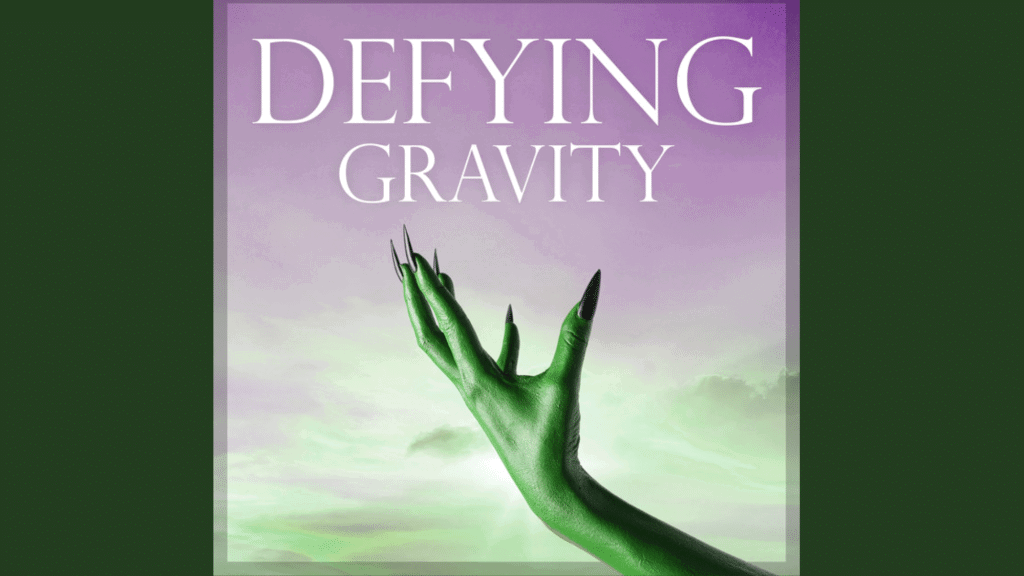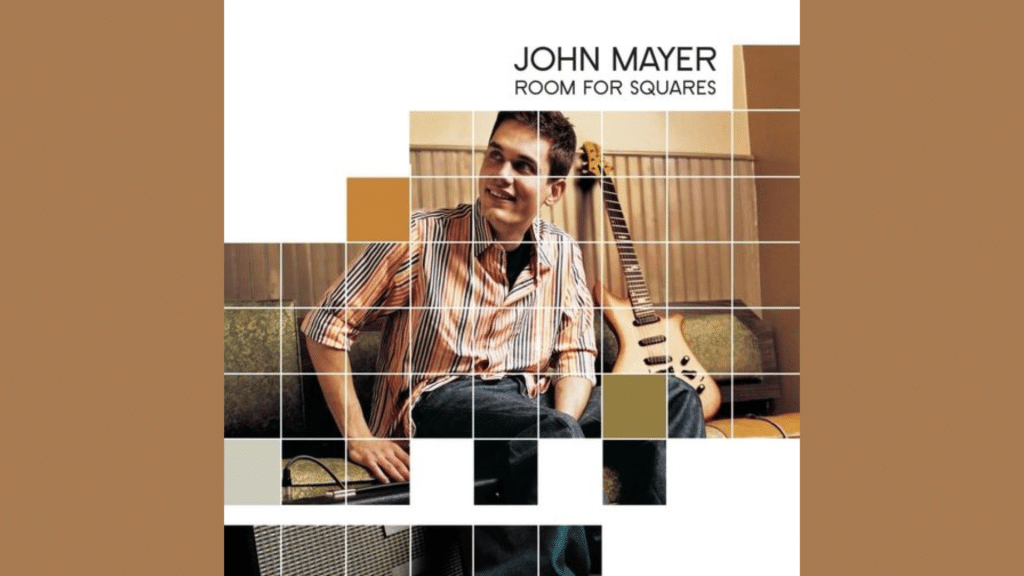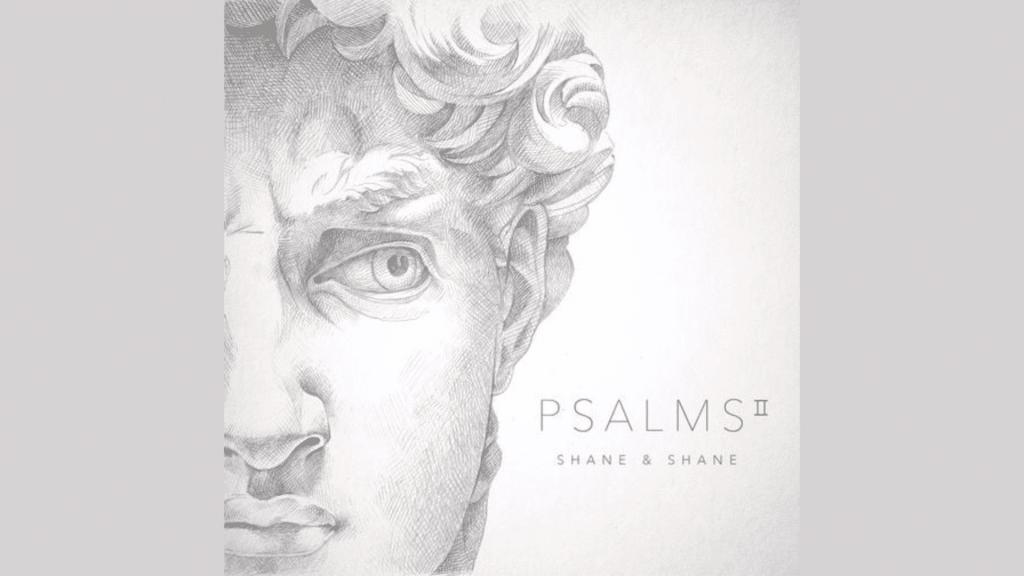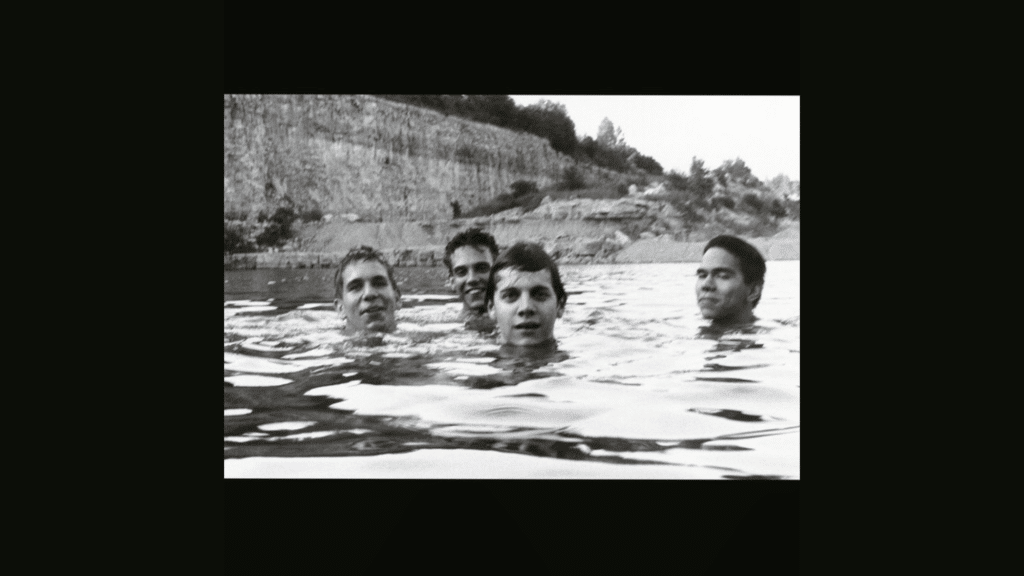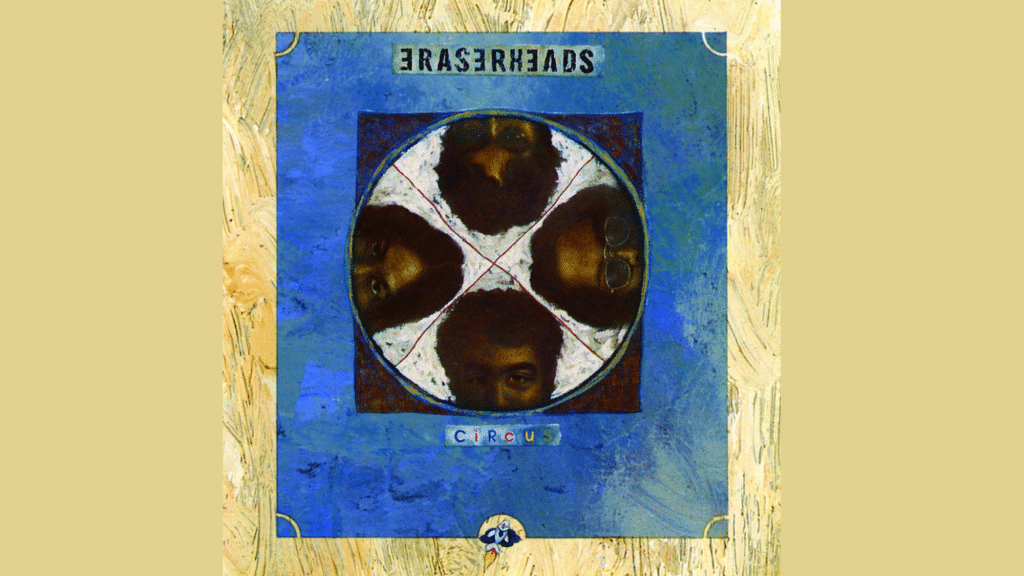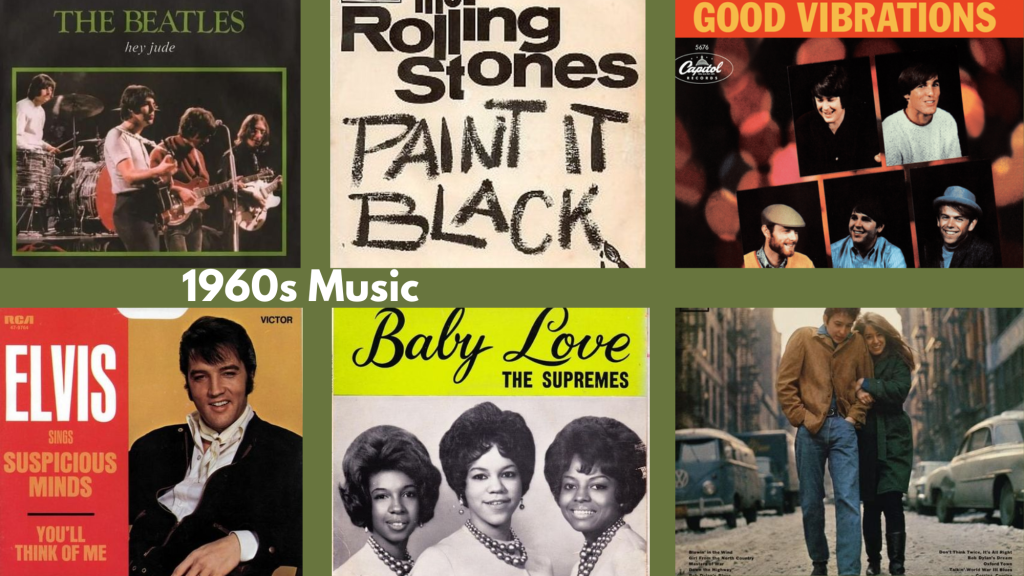When comparing website builders for musicians, platforms like Noiseyard, Squarespace, and Wix each offer unique strengths. In today’s fast-paced world, where attention spans are fleeting and social media feeds are constantly changing, a personal website gives you full control over your content. Whether you’re launching your first EP or planning a tour, your website serves as the central place to showcase your bio, music, videos, press photos, tour dates, and merch. It’s also the first stop for venues, journalists, and radio stations when deciding whether to feature or book you. A well crafted website demonstrates professionalism and dedication to your craft. While social media is a great tool for discovery, a website is where fans and industry pros go when they want a deeper connection or to support you directly.
This article takes a closer look at three major players – Noiseyard, Squarespace, and Wix – by reviewing them individually first. After that, we’ll compare them side by side across usability, design, music features, e-commerce tools, and pricing.
Noiseyard: Built for Musicians, Plain and Simple
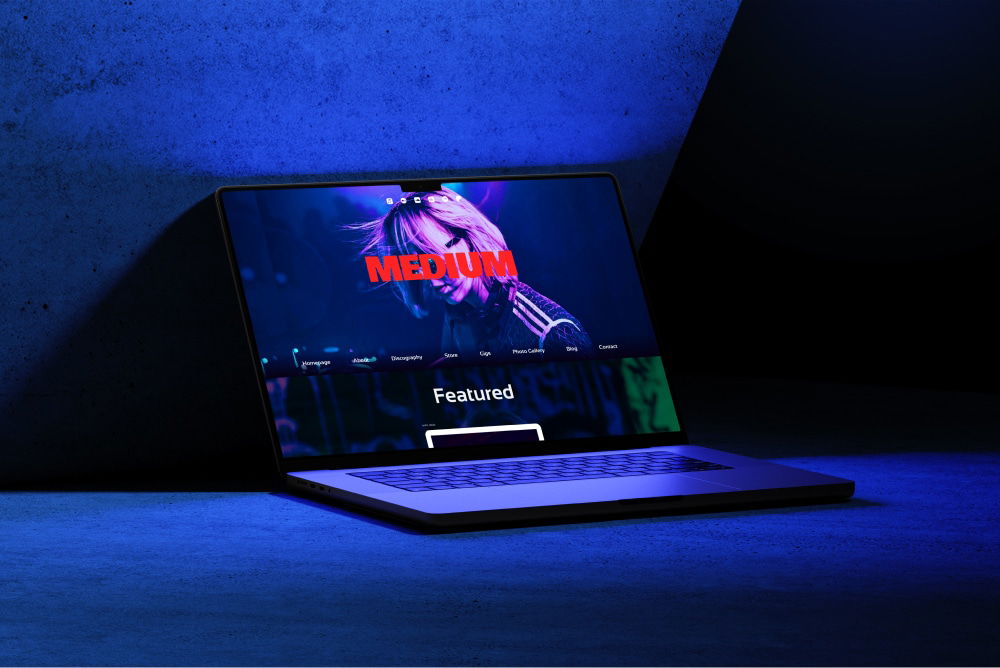
Upsides
- Designed specifically for musicians
- Commission-free sales for merch and music
- Quick setup with zero drag-and-drop complexity
- Built-in streaming integrations and mailing list tools
- SEO handled automatically with zero configuration
- 1 month free trial, no commitment
- Music-specific e-commerce features like Download Codes and album downloads
Trade-offs
- Limited deep customization compared to Wix
- Less flexibility for non-music-related features
Noiseyard handles the technical side of things in the background. From generating fast loading, mobile-optimized pages to including features like embedded music players and mailing list signups, it helps musicians get a functional site live with minimal effort. Search related settings are also handled behind the scenes, but what really stands out is how easily you can highlight your latest release or build a merch section, without digging through plugins or code.
Pricing is straightforward, and most features, streaming integrations, custom domain, mailing lists, SEO, are included in every plan. You won’t need to upgrade to unlock core tools. Support is also geared toward independent musicians and their unique needs, not generic business users.
Squarespace: Stylish and Safe, But Not Music-Specific
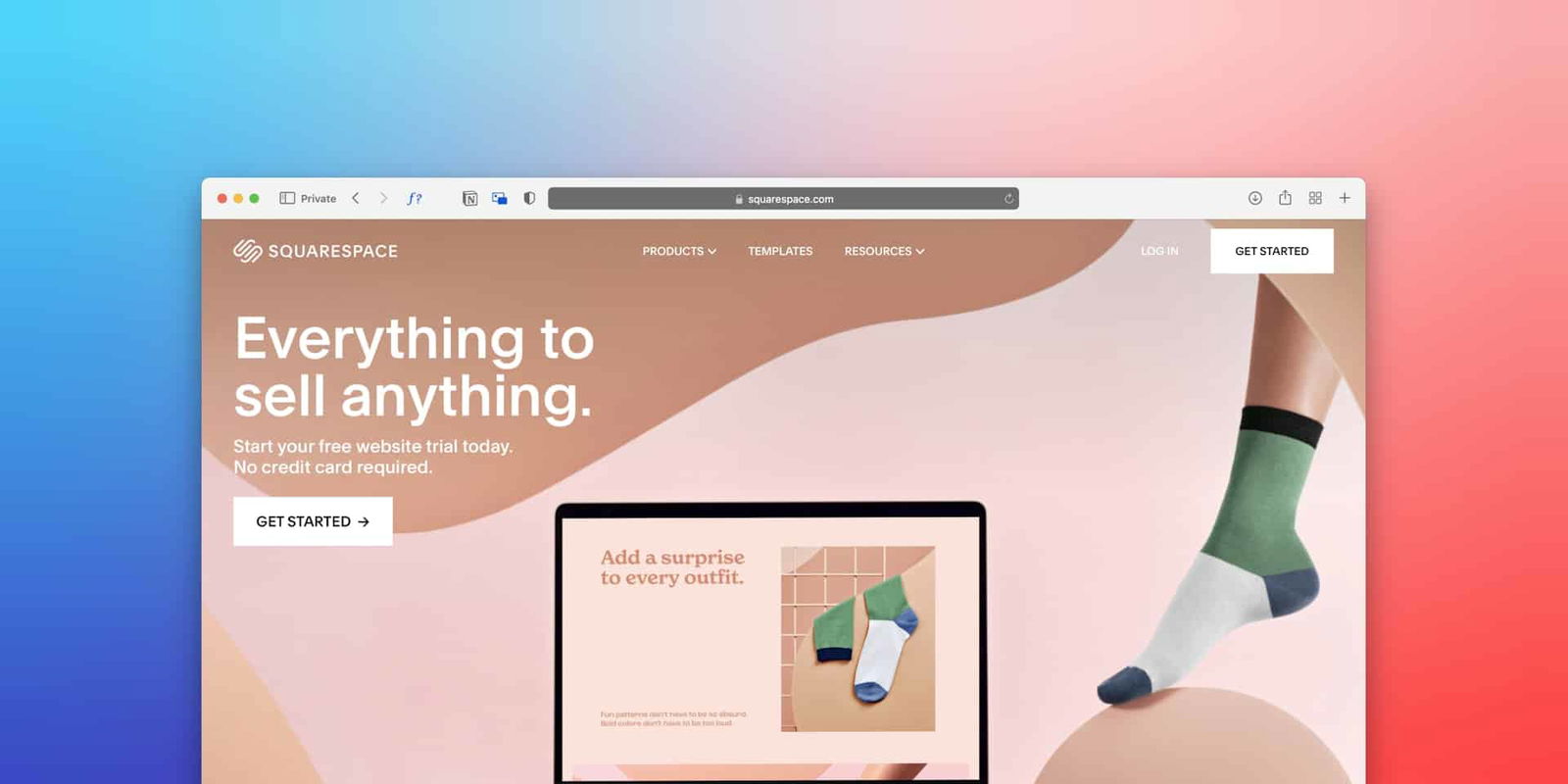
Photo by Team Nocoloco on Unsplash
Upsides
- Clean, professional design templates that look polished out of the box Reliable and stable platform with consistent performance
- Built-in e-commerce features for selling physical and digital products
- Strong blogging and portfolio capabilities, great for press kits or visual heavy projects
Trade-offs
- Not tailored to musicians – no built-in music players or music-specific templates
- Some features and lower transaction fees only unlock on higher-tier plans
- Manual setup for SEO and e-commerce extras
Squarespace gives users decent control over SEO through editable page titles, meta descriptions, alt text, and clean URLs, but all of it has to be configured manually. There’s no automatic schema markup or SEO automation. That means musicians who want to improve their search visibility will need to understand and apply SEO basics on their own. While the support team is helpful and the platform is well-documented, it still leans more toward general purpose use than anything music specific.
Wix: Maximum Control, Maximum Complexity

Photo by MJ Duford
Upsides
- Full control over layout and design
- Huge selection of templates and third-party apps
- Strong e-commerce capabilities with extensive customization
- Flexible blogging, forms, and page structure tools
Trade-offs
- Steeper learning curve – can feel overwhelming for beginners
- Many music-related features require installing external apps or plug-ins
- Easy to overcomplicate your design without clear structure or branding
- SEO tools exist, but they’re manual and not beginner friendly
Wix’s e-commerce system is robust, letting you sell music, merch, digital downloads, and more, but you may need to upgrade your plan or install extra apps to unlock everything. Features like inventory tracking, promo codes, and tax automation are available, but not all on the base tier.
While Wix does include built-in SEO tools (like meta tags, custom URLs, and alt text), using them well takes time and knowledge. There’s no automatic optimization, and missteps can easily hurt your search visibility.
Support includes tutorials, live chat, and user forums, but it’s more generic than artist specific. If you’re a musician who wants something music-ready out of the box, it may take more effort to tailor Wix to your needs.
Comparing Noiseyard, Squarespace, and Wix
Here’s a closer look at how Noiseyard, Squarespace, and Wix compare in real-world categories musicians actually care about, like how easy they are to set up, how well they support your music and merch, how they look, and what kind of long-term cost or hassle might come with each one.

Photo By Kaboompics.com
Usability
- Noiseyard is the simplest to use – answer questions, publish your site.
- Squarespace is intuitive but still needs setup time.
- Wix is powerful but can feel overwhelming if you’re not familiar with web design.
Design & Templates
- Noiseyard: Pre-built for artists, modern and music-focused.
- Squarespace: Visually polished but not specific to musicians.
- Wix: Anything goes, but high risk of inconsistency if not carefully managed.
Music Features
- Noiseyard: Native streaming embeds, merch tools, mailing list signup, no commissions.
- Squarespace: Audio embeds and e-commerce, but limited music-specific tools.
- Wix: Customizable via apps, but lacks a focused music setup.
Selling Music and Merch
- Noiseyard: Commission-free, built-in sales sections.
- Squarespace: Functional, but with fees and fewer options for digital music.
- Wix: Works well but can get expensive depending on plugins.
Want ideas for leveling up your merch? Here’s a quick look at how custom t-shirt printing can strengthen the connection with your fans.
SEO and Visibility
- Noiseyard: Handles it automatically.
- Squarespace: Manual setup required.
- Wix: Requires effort and understanding to configure.
Pricing
- Noiseyard: Simple pricing with no hidden fees, e-commerce features unlock on higher plan.
- Squarespace: Competitive, but features locked behind higher tiers.
- Wix: Lots of plans and extras; can add up quickly.
Final Thoughts

Photo by Pixabay
If you want a fast, music-ready website that looks professional and doesn’t eat up your time, Noiseyard is a strong pick. Everything from music embeds to mailing lists and merch is already baked in, and there’s no need to learn design or deal with third-party apps. It’s one of the few platforms that actually feels like it was made with working musicians in mind.
Squarespace is great if you care most about visual design and want a clean, modern layout. It’s not music-specific, but it’s polished and solid if you’re willing to do some setup. Wix is best suited to musicians who enjoy having total control and don’t mind the extra time it takes to build everything from scratch.



